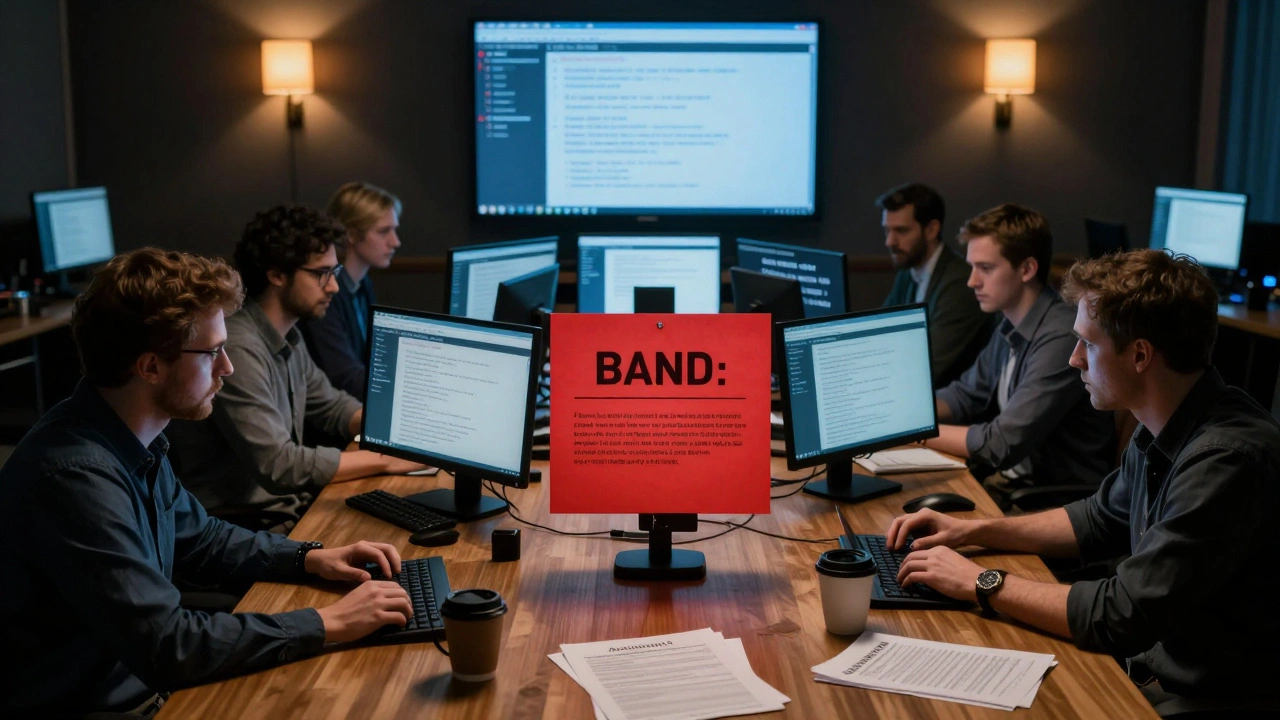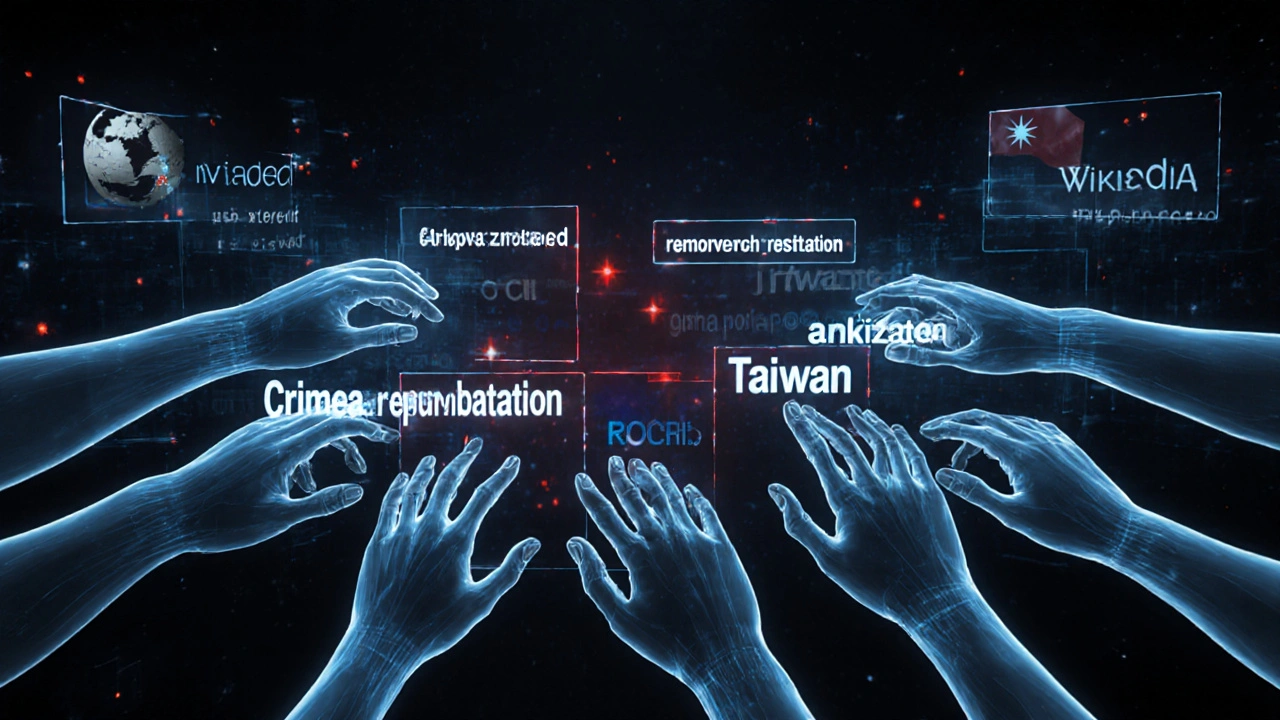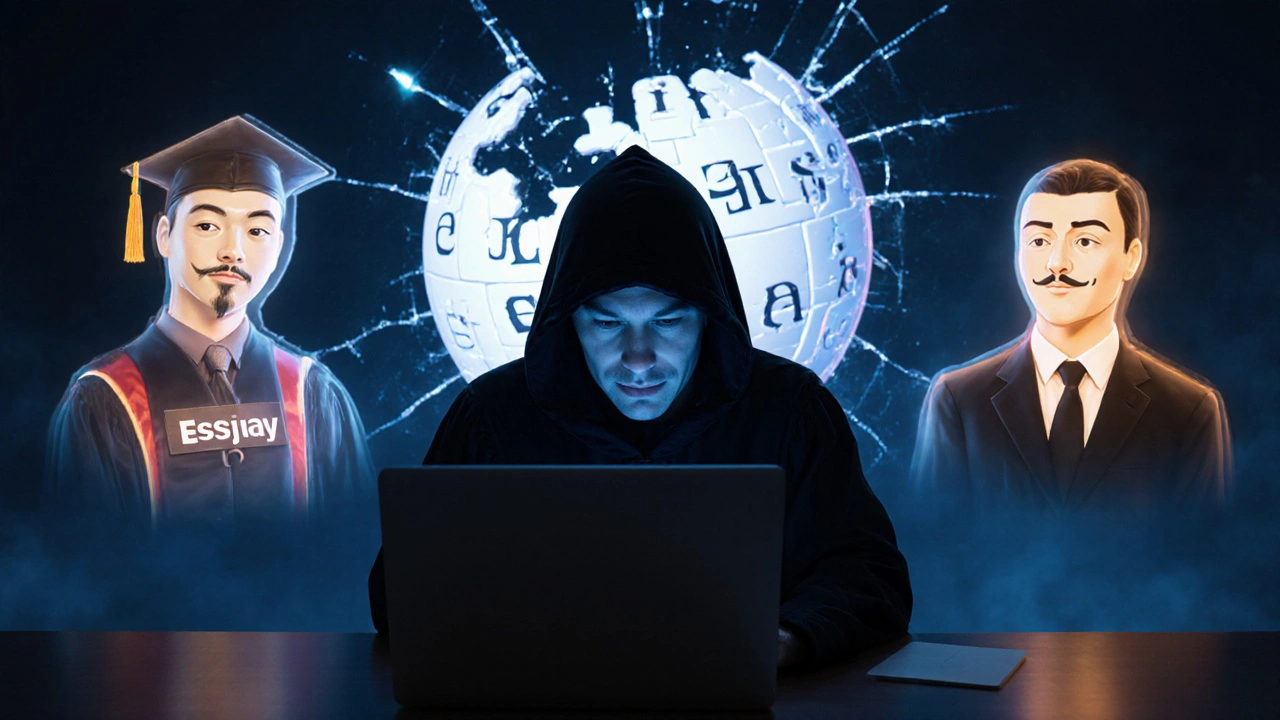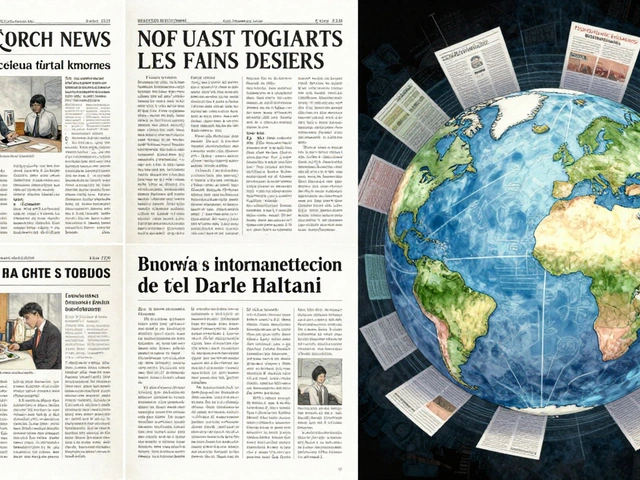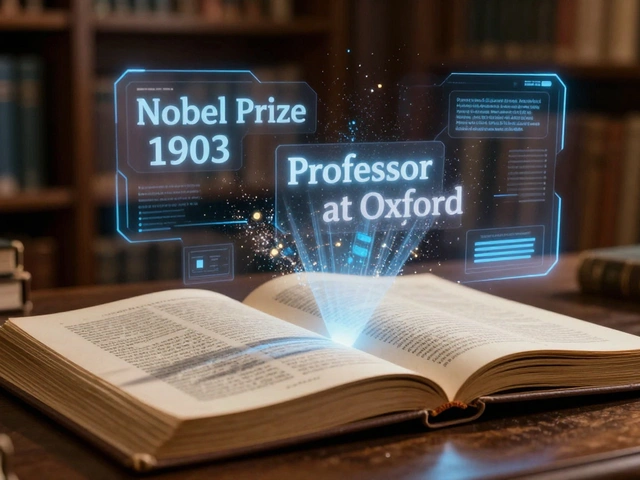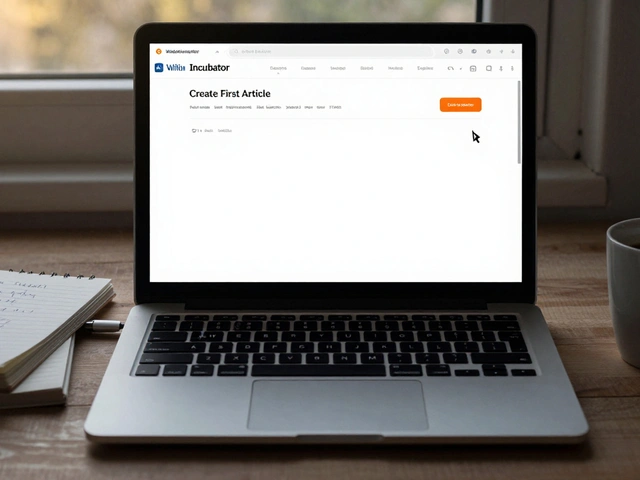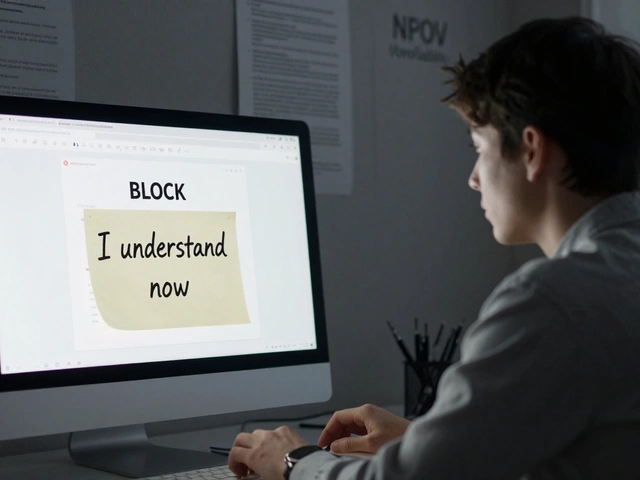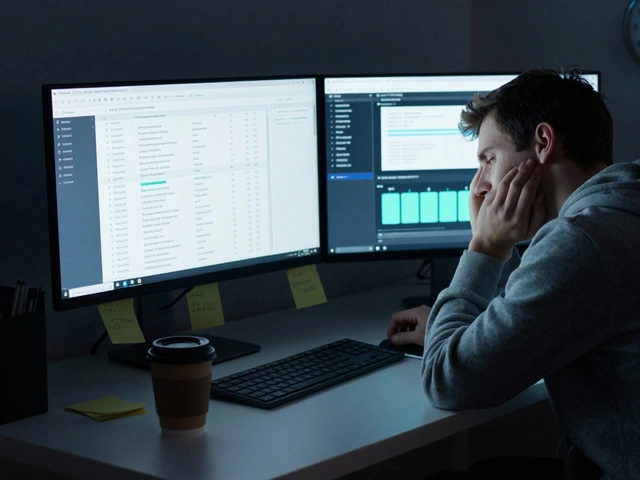Wikipedia controversies: Bias, ethics, and the fight for trustworthy knowledge
When you think of Wikipedia controversies, public disputes over accuracy, representation, and control on the world’s largest encyclopedia. Also known as Wikipedia ethics debates, these issues aren’t just about typos—they’re about who shapes what the world believes is true. It’s not a perfect system. Every edit, every policy change, every blocked user is part of a larger struggle over knowledge itself.
One major thread in these controversies is Wikipedia bias, systemic gaps in representation that favor certain voices while silencing others. Whether it’s underreporting Indigenous histories, flattening non-Western perspectives, or letting corporate PR shape corporate biographies, bias isn’t accidental—it’s structural. Volunteer task forces are working to fix this, but progress is slow because the tools and policies were built by a narrow group of users, mostly from the Global North. Then there’s Wikipedia ethics, the moral dilemmas editors face when using the site for journalism, research, or activism. Can you cite Wikipedia? Should you? Journalists use it as a starting point, but treating it as a source can backfire. The line between research tool and unreliable reference is thin—and constantly being tested.
Behind the scenes, Wikipedia policies, the formal rules that govern what gets published and how disputes are settled are where many controversies play out. Policies like due weight, reliable sources, and neutral point of view aren’t just guidelines—they’re weapons in edit wars. A single article about a political figure can spark months of debate, legal threats, and off-wiki harassment. Meanwhile, AI is creeping in, not as a helper but as a silent editor, auto-reverting changes or suggesting content based on flawed training data. And when copyright holders demand removals, valuable historical records vanish overnight—not because they’re false, but because someone with money says so.
These aren’t abstract debates. They affect how you understand history, science, and current events. When Wikipedia gets it wrong—or when it’s silenced—it changes what the world knows. But here’s the thing: the same community that creates these problems is also the one fixing them. Volunteers track vandalism, write annotated bibliographies, build Wikidata connections, and fight harassment. They’re the ones keeping the lights on while critics shout from the sidelines.
What follows is a curated look at the real fights behind the scenes: how editors handle misinformation, why AI can’t replace human judgment, how funding pressures threaten openness, and how small groups are pushing back to make knowledge more fair. You’ll see how a single policy change can ripple across continents, how a forgotten source can rewrite a nation’s story, and why trust in Wikipedia still beats any algorithm—when it’s done right.
Bans of High-Profile Wikipedia Editors: What Led to Them
High-profile Wikipedia editors have been banned for abuse of power, sockpuppeting, and paid editing. These cases reveal how the community enforces fairness-even against its most experienced members.
Geopolitical Edit Wars on Wikipedia: High-Profile Cases
Wikipedia's open-editing model is being exploited in geopolitical edit wars, where nations and groups manipulate articles on Ukraine, Taiwan, Partition, and Iraq to control global narratives. These battles shape how history is remembered.
Major Wikipedia Controversies Throughout History: Timeline
Wikipedia has faced major scandals from fake identities and corporate manipulation to political censorship and bias. This timeline covers the biggest controversies that shaped the world's largest encyclopedia.
